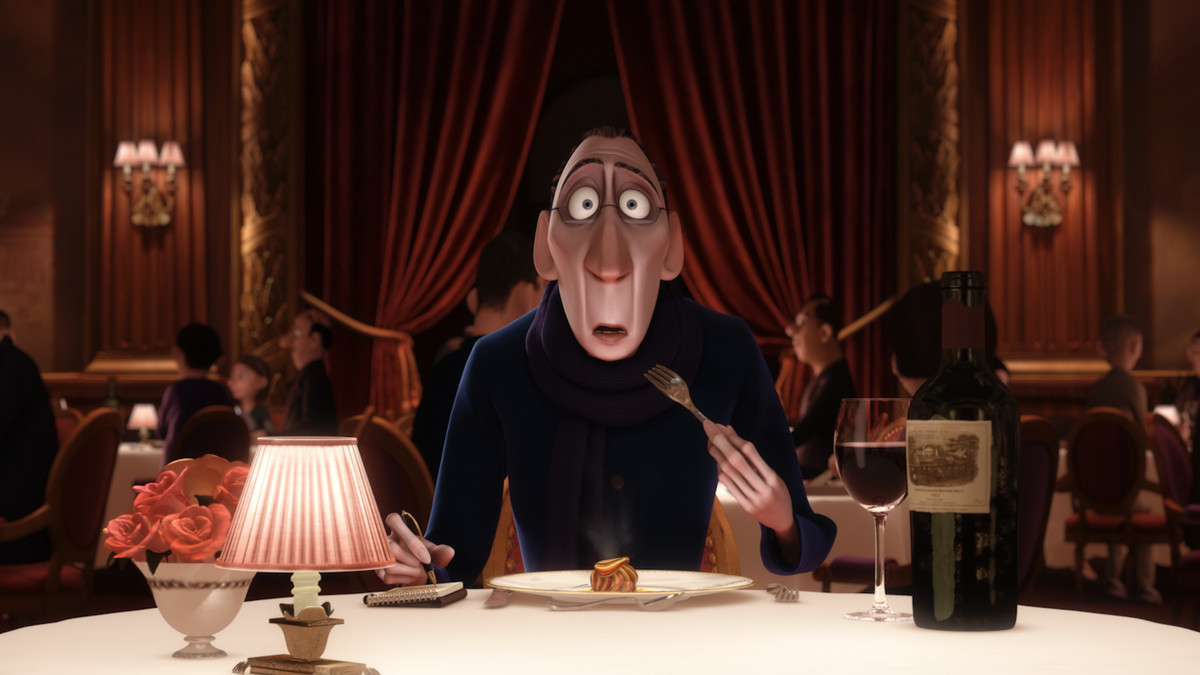Anton Ego

In the realm of culinary criticism, there exists a figure whose presence looms large, whose words can make or break the reputation of even the most esteemed chefs: Anton Ego. With an aura of mystery surrounding him, Ego is not merely a food critic; he is an enigma, a connoisseur whose discerning palate is matched only by his eloquence with the pen. In this exploration, we delve deep into the persona of Anton Ego, unraveling the layers of his character, his impact on the culinary world, and the lessons he imparts beyond the realm of gastronomy.
The Mythical Figure
To comprehend Anton Ego, one must first understand the legend that precedes him. He is not merely a critic but a specter, haunting the kitchens of Paris with his acerbic wit and insatiable appetite for perfection. His visage is shrouded in mystery, his presence a foreboding reminder of the power held by those who judge the creations of others. Ego’s reputation precedes him, striking fear into the hearts of chefs and restaurateurs alike.
The Pen as Sword
Ego’s weapon of choice is not a knife or fork but rather the pen. His reviews are as sharp as a well-honed blade, slicing through the pretensions of culinary mediocrity with surgical precision. Yet, beneath the veneer of cynicism lies a profound appreciation for the artistry of food. Ego is not content with mere sustenance; he seeks transcendence through taste, demanding nothing short of perfection from those who dare to call themselves chefs.
The Quest for Greatness
But what drives Anton Ego? What compels him to seek out the finest dining experiences and dissect them with such ruthless scrutiny? Some say it is a quest for perfection, an insatiable hunger for culinary excellence that drives him ever forward. Others speculate that Ego is motivated by a deeper desire to connect with the essence of humanity itself, to find meaning in the fleeting pleasures of the table.
The Vulnerable Soul
Beneath his stoic exterior lies a vulnerable soul, haunted by the specter of his own mortality. Ego is not immune to the passage of time; indeed, he is acutely aware of its relentless march. With each meal, he confronts the fragility of existence, seeking solace in the ephemeral beauty of a perfectly cooked dish. For Ego, food is more than sustenance; it is a reminder of the fleeting nature of life itself.
The Redemption of Anton Ego
In the end, perhaps the most compelling aspect of Anton Ego is not his formidable intellect or his biting wit but rather his capacity for redemption. In the climactic scene of Pixar’s animated masterpiece, “Ratatouille,” Ego is confronted with a dish that transports him back to his childhood, to a time before the burdens of adulthood weighed heavy upon his soul. In that moment, Ego experiences a profound transformation, shedding the armor of cynicism to reveal the vulnerable heart beneath.
Lessons from Anton Ego
What lessons can we glean from the enigmatic critic? Perhaps it is that true greatness lies not in the pursuit of perfection but in the embrace of imperfection, in the recognition that beauty can be found in the most unexpected of places. Ego reminds us that life is too short to settle for mediocrity, that we should strive always to push the boundaries of our creativity and imagination.
Conclusion
In the world of culinary criticism, Anton Ego stands as a colossus, a figure whose influence extends far beyond the realm of food. He challenges us to confront our own prejudices and preconceptions, to embrace the richness and diversity of the human experience. In the end, Ego is not merely a critic but a philosopher, a sage whose words resonate long after the plates have been cleared and the tables turned. He is, in essence, a reminder of the power of art to transcend the limitations of the mundane and elevate the human spirit to new heights of understanding and appreciation.




